Pregunta para nuestro panel de expertos en marketing hotelero
Dada la variedad de canales de marketing disponibles, desde la búsqueda de pago hasta las ferias comerciales, ¿cómo recomienda asignar estratégicamente el presupuesto para maximizar el impacto y el retorno de la inversión (ROI)? ¿Qué guía el proceso de toma de decisiones?
Panel de expertos de la industria
Nuestro panel de expertos de la industria está formado por profesionales de la industria hotelera y de viajes. Tienen conocimientos completos y detallados, experiencia en la práctica o la gestión y son progresistas. Responden preguntas sobre el estado de la industria. Comparten sus conocimientos sobre temas como gestión de ingresos, marketing, operaciones, tecnología y discuten las últimas tendencias.
Nuestro panel de expertos en marketing
- Max Starkov – Profesor adjunto Tecnología hotelera, Universidad de Nueva York
- Moriya Rockman – Jefe de marketing, Smiling House Luxury Global
- Tamie Matthews - Consultora de ingresos, ventas y marketing, RevenYou
- Nicole Sideris – Fundadora y consultora principal, X Hospitality
- Michael J. Goldrich – Fundador y asesor principal, Vivander
- Stephanie Smith-Sparks – Fundadora, Cogwheel Marketing
- Cory Falter, socio de Lure Agency
- Haga una pregunta a nuestro panel
- Únase a nuestro panel de expertos
Para empezar, me atendré a la vieja regla: "¡Pesca donde hay peces!". El marketing hotelero hoy en día se traduce en marketing digital. Más del 90% de los viajeros recurren a internet para buscar alojamiento, una cifra superior a la de todas las demás fuentes de inspiración para viajes juntas, incluyendo familiares, amigos, guías de viaje, asesores de viajes, operadores turísticos, etc.
Dividiendo un presupuesto en 3 áreas, lo asignaría de la siguiente manera:
- 25% del presupuesto: Invierta en tecnología y programas de CRM. Solo una aplicación de tecnología CRM eficaz, como parte de su conjunto tecnológico hotelero, puede garantizar una interacción profunda con sus huéspedes, tanto pasados como futuros. La tecnología CRM no solo proporciona comunicaciones automatizadas antes, durante y después de la estancia, encuestas de satisfacción del huésped, automatización del marketing de retención de huéspedes y campañas de marketing por goteo, sino que va un paso más allá mediante la gestión de programas de reconocimiento de huéspedes y el marketing de fidelización. Todas estas iniciativas de CRM totalmente automatizadas mantienen viva la conversación con sus huéspedes, tanto futuros como pasados. Los mantiene comprometidos y los guía en la dirección correcta: reservar su hotel cuando llegue el momento de volver a visitar su destino.Además, puedes usar los datos propios de tu CRM sobre tus mejores huéspedes para lanzar marketing de audiencias similares en Google, Facebook, Instagram, etc., y así dirigirte a clientes potenciales con características similares a las de tus mejores huéspedes. Las iniciativas de CRM, en combinación con la tecnología de ORM (Gestión de la Reputación Online), pueden convertir a tus huéspedes satisfechos en embajadores de marca y entusiastas influencers en redes sociales.
- 25%: Me aseguraría de que mi sitio web sea móvil primero, revisaría el SEO en el sitio, optimizaría el sitio web para AIO (Optimización de Inteligencia Artificial), actualizaría el contenido del sitio web para que sea original, muy atractivo y de calidad editorial, mejoraría las imágenes a calidad profesional, mantendría ofertas y paquetes especiales frescos y atractivos en el sitio y, finalmente, instalaría un chatbot de IA específico para hoteles para manejar el servicio al cliente las 24 horas, los 7 días de la semana, las solicitudes de información y las reservas.
- 50%: No me olvidaría de Google, el viejo amigo del marketing hotelero. Actualizaré mi Perfil de Google Business, supervisaré y responderé a las reseñas de Google, lanzaré Google Ads para proteger la marca de mi propiedad y dirigirme a segmentos clave de clientes y mercados emisores clave, lanzaré un retargeting en la Red de Display de Google (GDN) para dirigirme a los usuarios que han visitado mi sitio web, me registraré para obtener enlaces de reserva gratuitos en el programa Google Hotel Ads (GHA) y lanzaré campañas de pago de GHA en épocas de necesidad.
Al asignar un presupuesto de marketing, es fundamental priorizar los canales que se alinean con los valores de tu marca y fomentan relaciones a largo plazo. Cada canal desempeña un papel único a la hora de impulsar la interacción y el ROI.
- Ferias comerciales: Construyendo relaciones e influencia en la industria
Las ferias comerciales pueden ser un elemento clave en una estrategia de marketing. Ofrecen excelentes oportunidades para conectar con profesionales del sector, mantenerse a la vanguardia de las tendencias e inspirar la innovación. Destinar una parte del presupuesto a asistir a conferencias globales puede ayudar a establecer conexiones en mercados internacionales. Para empresas como Villa Tracker, este enfoque ha demostrado ser valioso para conectar dos sectores (profesionales de viajes y administradores de propiedades/propietarios), a la vez que fomenta colaboraciones duraderas y recopila información crucial del sector. - Marketing centrado en el lujo: destacar valores y contar historias
Para las marcas del segmento de viajes de lujo, las campañas que se centran en temas relevantes, como la sostenibilidad y las experiencias de viaje personalizadas, suelen tener mayor repercusión tanto entre los viajeros como entre los gestores de propiedades. Al enfatizar sus valores fundamentales, las empresas pueden posicionarse como referentes de confianza en el sector. Liderar las conversaciones sobre alquileres de lujo puede establecer un liderazgo de opinión y educar a los gestores de propiedades sobre las mejores prácticas. - Crecimiento orgánico y participación comunitaria
Una estrategia de marketing orgánico centrada en conversaciones genuinas y relaciones a largo plazo puede ser muy eficaz. En lugar de recurrir a la venta agresiva, crear contenido valioso que conecte de forma natural con la audiencia fomenta la confianza y fortalece las relaciones. Este enfoque ayuda a los futuros clientes a reconocer el verdadero valor de sus ofertas. Cultivar una red global de personas o socios con ideas afines también puede generar conexiones más sólidas en el sector y éxito a largo plazo.
En conclusión, asignar estratégicamente su presupuesto entre estos canales puede nutrir las relaciones, fomentar el crecimiento orgánico y construir una reputación basada en la autenticidad, el valor y la experiencia”.
“El enfoque de RevenYou para la asignación del presupuesto de marketing se basa en una estrategia personalizada, centrada en el tipo de propiedad específico y su grupo demográfico objetivo.
Nuestro proceso de incorporación comienza con un análisis exhaustivo del historial de inversión en marketing de la propiedad y sus resultados. Mantenemos conversaciones detalladas con los propietarios para comprender sus iniciativas de marketing anteriores y su eficacia percibida. Este enfoque colaborativo nos permite determinar si las estrategias existentes pueden optimizarse o si se justifica un cambio hacia nuevas tácticas.
A continuación, aprovecharemos nuestra experiencia en el mercado y el conocimiento del sector para desarrollar un plan estratégico de marketing. Lo presentaremos a los propietarios y les solicitaremos su valiosa opinión. Reconocemos que su profundo conocimiento del negocio es crucial para perfeccionar el plan.
Nuestro proceso de toma de decisiones incorpora diversos factores, como la estacionalidad, los patrones de comportamiento de los clientes, el análisis de la competencia, las limitaciones presupuestarias y la evolución de las tendencias tecnológicas y del sector. En el caso de propiedades con presupuestos limitados, priorizamos las iniciativas con alto retorno de la inversión (ROI). Por el contrario, presupuestos más amplios nos permiten explorar oportunidades de marketing especializadas.
Tras la implementación del plan, realizamos evaluaciones mensuales de rendimiento para monitorizar el retorno de la inversión (ROI) y evaluar la eficacia de cada área. Adaptamos y perfeccionamos nuestras estrategias basándonos en el análisis continuo de datos y la información obtenida durante el proceso.
Las imágenes venden, y las propiedades necesitan invertir en fotografía para maximizar la distribución, el rendimiento de la plataforma, el posicionamiento y la clasificación general. Si bien las agencias de viajes online (OTA) son un costo para el negocio, la presencia fotográfica en línea vende. El presupuesto se determinará en función de su propiedad, la variedad de opciones, las habitaciones y el origen del negocio. La estrategia es aumentar la búsqueda de pago y asistir/participar en las ferias comerciales tradicionales.
“Invertir en la marca multicanal a través de las redes sociales, las asociaciones con personas influyentes, el correo electrónico y los anuncios directos debe ser una prioridad en su presupuesto para garantizar que su hotel siga siendo el primero en la mente de los huéspedes cuando recurran a herramientas impulsadas por IA para obtener recomendaciones.
Los datos propios y las relaciones con los huéspedes se están convirtiendo en activos estratégicos. A medida que la IA reduce el valor de los datos de terceros, los hoteles deben centrarse en las relaciones directas mediante programas de fidelización, ofertas personalizadas y comunicación dirigida.
Se debería asignar una parte mayor del presupuesto a sistemas de CRM, gestión de datos de huéspedes y marketing personalizado para aumentar las posibilidades de negocios repetidos y reservas directas.
Los incentivos de reserva directa también juegan un papel clave.
La asignación de fondos a beneficios exclusivos, mejoras de habitaciones o descuentos para reservas directas puede influir en el comportamiento de los huéspedes y reducir la dependencia de las OTA.
Los agentes de voz con IA ya están revolucionando la atención al cliente, gestionando consultas de reserva, modificaciones y oportunidades de venta adicional en tiempo real. Invertir en tecnología de atención al cliente basada en IA mejorará la eficiencia operativa y garantizará que no se pierda ninguna oportunidad de reserva.
- “Paso 1: Define tu mercado/nicho objetivo y ten diferenciadores claros.
- Paso 2: Defina varios puntos de contacto disponibles a lo largo del recorrido y ciclo de vida del cliente.
- Paso 3: Educar, luego convertir, probar y aprender.
Esto varía según se trate de B2B o B2C y del grado de conocimiento de marca existente”.
La IA está revolucionando las estrategias de ventas y marketing, y la hostelería debe prestar atención. El SEO tradicional está en declive, y con el auge de las búsquedas sin clics, tu contenido podría verse, pero nunca visitarse. Si a esto le sumamos motores de búsqueda basados en IA como ChatGPT y SGE de Google, ahora tus huéspedes recibirán consejos de reserva sin necesidad de tocar tu sitio web.
¿El efecto dominó?
Los canales tradicionales, como los medios de pago, las ferias comerciales e incluso las campañas de correo electrónico, no ofrecen el retorno de la inversión (ROI) que prometían. La IA crea recomendaciones personalizadas y a la carta que evitan el embudo de conversión. En este nuevo panorama, las marcas que triunfen serán las que reconsideren, y no solo actualicen, toda su estrategia.
He aquí un ejemplo rápido:
Un viajero le pide a ChatGPT "un hotel boutique en Santa Fe con un ambiente artístico y margaritas excelentes". Si su hotel no envía las señales correctas a los modelos de IA, será invisible. Ningún anuncio, valla publicitaria o stand en una feria comercial cambiará eso.
Los profesionales del marketing hotelero deben adaptarse a un mundo donde la visibilidad de marca se produce antes de un clic, en el contexto de las conversaciones con IA, el contenido predictivo y la personalización dinámica. Las viejas reglas están desapareciendo. Es hora de dejar de optimizar para los motores de búsqueda y empezar a optimizar para todo.
En cuanto a la asignación de presupuesto, no estoy seguro, pero…
Pase de “más impresiones” a “impresiones más inteligentes”, y de perseguir clics a ganar confianza en el proceso de toma de decisiones impulsado por IA.
Haga una pregunta y únase a nuestro panel de expertos
¿Le gustaría que nuestro Panel de Expertos de la Industria respondiera una pregunta? ¿O le gustaría unirse a nuestra comunidad de expertos y compartir su experiencia, conocimientos y conocimientos con otros profesionales de la industria? A través de los botones a continuación, puede enviar una pregunta o enviar una solicitud para formar parte de nuestro panel de expertos.
Más consejos para hacer crecer su negocio
Revfine.com es la plataforma de conocimiento líder para la industria de la hospitalidad y los viajes. Los profesionales utilizan nuestros conocimientos, estrategias y consejos prácticos para inspirarse, optimizar los ingresos, innovar los procesos y mejorar la experiencia del cliente.Explore el asesoramiento de expertos sobre gestión, marketing, revenue management, operaciones, software y tecnología en nuestro sitio web dedicado. Hotel, Hospitalidad, y Viajes y Turismo categorías.



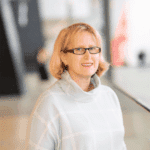


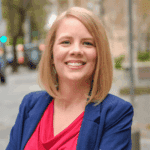

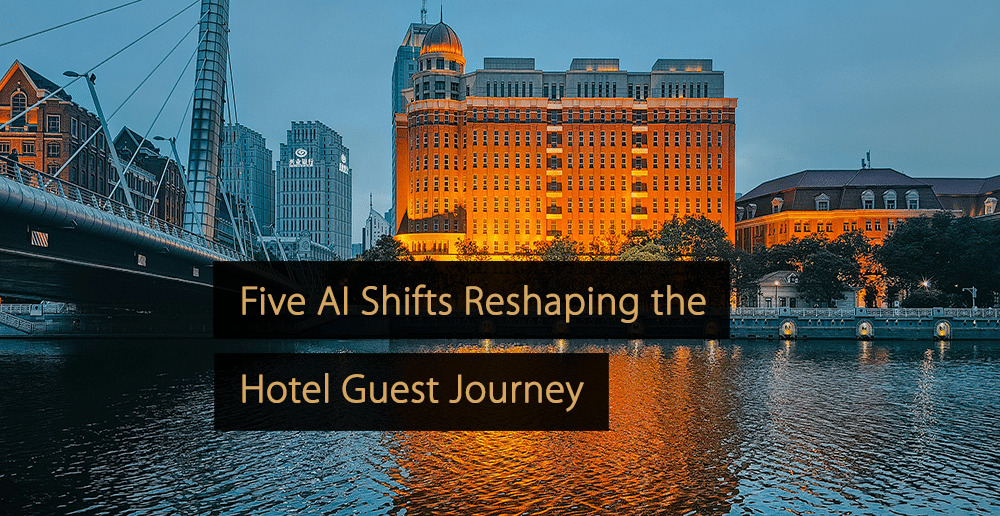
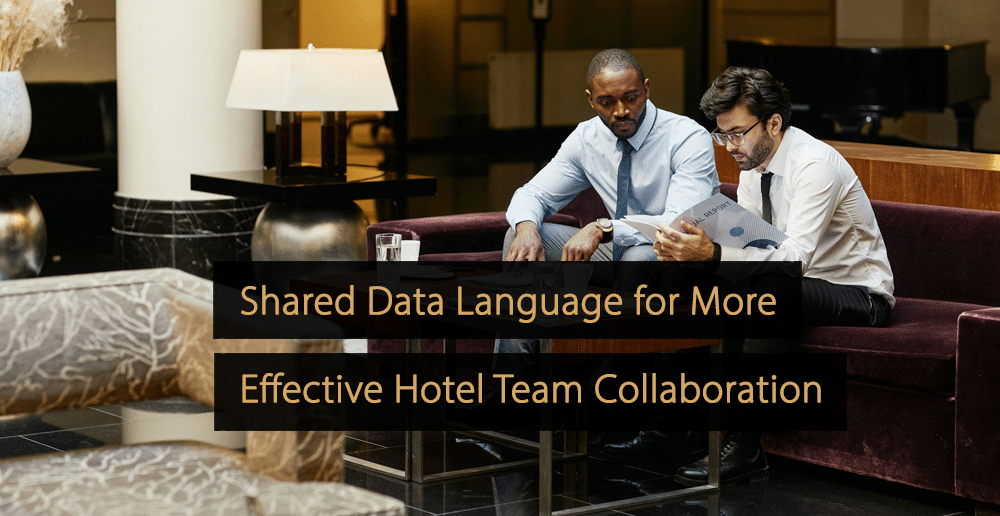

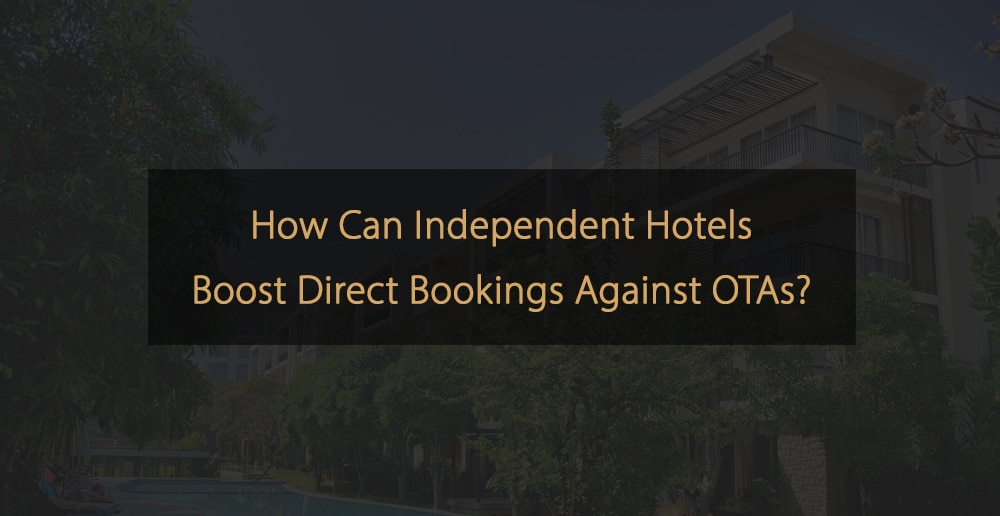

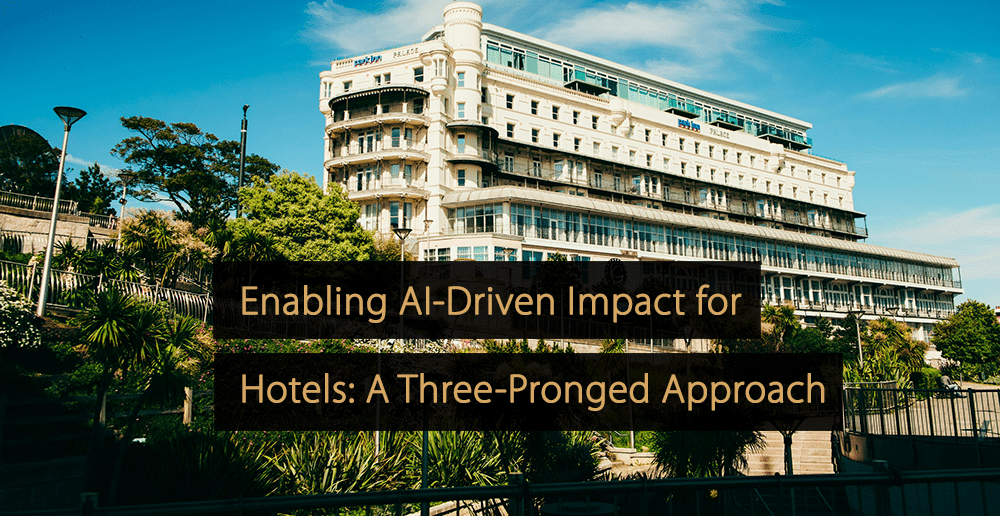
Leave A Comment